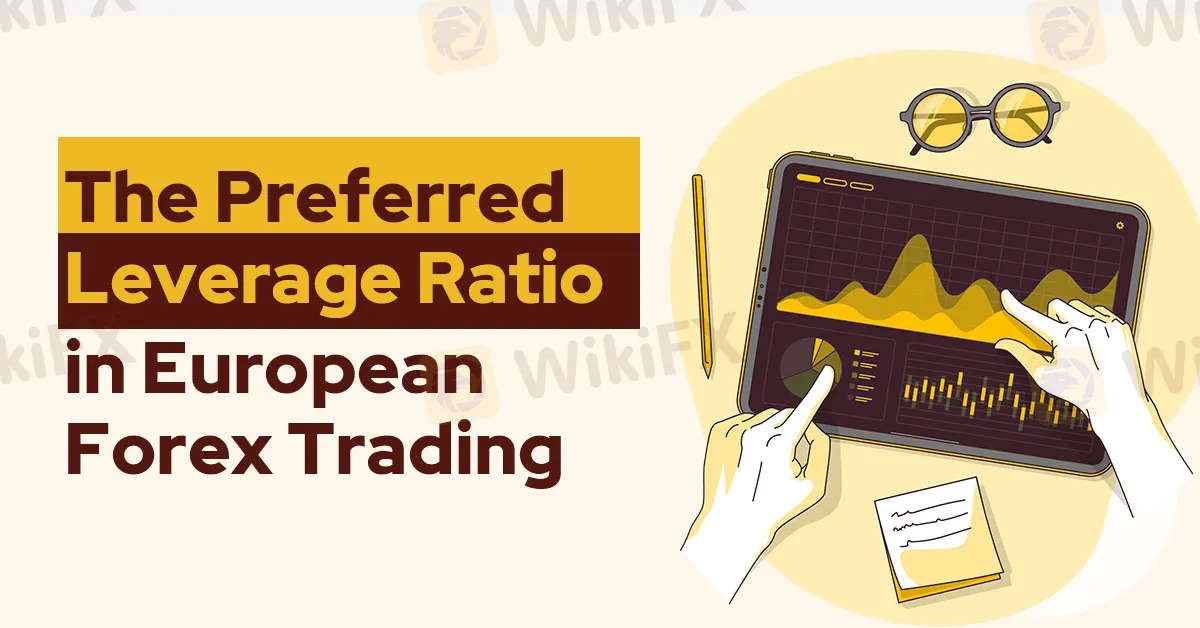简体中文
繁體中文
English
Pусский
日本語
ภาษาไทย
Tiếng Việt
Bahasa Indonesia
Español
हिन्दी
Filippiiniläinen
Français
Deutsch
Português
Türkçe
한국어
العربية
The Preferred Leverage Ratio in European Forex Trading
Abstract:In the landscape of European forex trading, the regulatory framework put forth by ESMA (European Securities and Markets Authority) has a substantial influence. One of the cornerstones of this framework is the imposition of a 1:30 leverage limit for retail traders. This regulation has profound implications for traders in Europe, shaping the trading environment and influencing risk management practices.

In the landscape of European forex trading, the regulatory framework put forth by ESMA (European Securities and Markets Authority) has a substantial influence. One of the cornerstones of this framework is the imposition of a 1:30 leverage limit for retail traders. This regulation has profound implications for traders in Europe, shaping the trading environment and influencing risk management practices.
ESMA's motivation behind implementing the 1:30 leverage limit is rooted in investor protection. By capping leverage at this level, ESMA aims to mitigate the potential for traders to engage in high-risk behavior that could lead to significant losses. This regulation is part of ESMA's broader efforts to enhance market integrity, investor confidence, and overall stability in the financial markets.
The impact of ESMA's leverage regulation goes beyond the numerical constraint. It underscores the importance of responsible trading practices and prudent risk management. Traders are encouraged to approach the market with a mindset that prioritizes sustainable growth over reckless speculation. The regulation serves as a reminder that trading success is built on a foundation of careful strategy, thorough research, and effective risk mitigation.
For traders operating within the European forex market, adhering to ESMA's leverage limitation is not only a regulatory requirement but also a strategic choice. It signals a commitment to adopting responsible trading practices that align with the broader goals of investor protection and market stability.
In conclusion, ESMA's 1:30 leverage regulation represents a significant development in European forex trading. It reinforces the importance of responsible trading behavior and risk management, creating an environment that seeks to balance trading opportunities with investor safeguards.
(For an in-depth understanding of forex trading regulations and to explore broker reviews, turn to Wikifx. As a leading platform, Wikifx offers comprehensive information for traders in the UK and Europe. Visit Wikifx's website to access valuable insights that can enhance your forex trading journey.)

Disclaimer:
The views in this article only represent the author's personal views, and do not constitute investment advice on this platform. This platform does not guarantee the accuracy, completeness and timeliness of the information in the article, and will not be liable for any loss caused by the use of or reliance on the information in the article.
Read more

TradingView Brings Live Market Charts to Telegram Users with New Mini App
TradingView has launched a mini app on Telegram, making it easier for users to track market trends, check price movements, and share charts.

USD/INR, USD/PHP Forecast April 2025
The global forex markets are bracing for April 2025 with divergent forecasts for key emerging market pairs. In particular, the USD/INR and USD/PHP pairs have attracted significant attention amid a mix of central bank interventions, evolving U.S. policy signals, and regional economic shifts. In this article, we review multiple forecasts, examine the driving factors, and outline what traders might expect as the month unfolds.

April Forex Trends: EUR/USD, GBP/USD, USD/JPY, AUD/USD, USD/CAD Insights
Know April’s forex seasonality trends for EUR/USD, GBP/USD, USD/JPY, AUD/USD, and USD/CAD. Historical insights and key levels to watch in 2025.

Should You Beware of Forex Trading Gurus?
Know the reality behind forex trading gurus, examining their deceptive tactics, inflated promises, and the risks associated with trusting them for financial advice.
WikiFX Broker
Latest News
Exposing the Top 5 Scam Brokers of March 2025: A Closer Look by WikiFX
Gold Prices Climb Again – Have Investors Seized the Opportunity?
Webull Launches SMSF Investment Platform with Zero Fees
Australian Regulator Warns of Money Laundering and Fraud Risks in Crypto ATMs
The Withdrawal Trap: How Scam Brokers Lure Victims into Paying More
FCA to Investors: Think Twice Before Trusting These Brokers
Trump\s tariffs: How could they affect the UK and your money
Trump gambles it all on global tariffs he\s wanted for decades
TradingView Brings Live Market Charts to Telegram Users with New Mini App
HTFX Spreads Joy During Eid Charity Event in Jakarta
Currency Calculator







